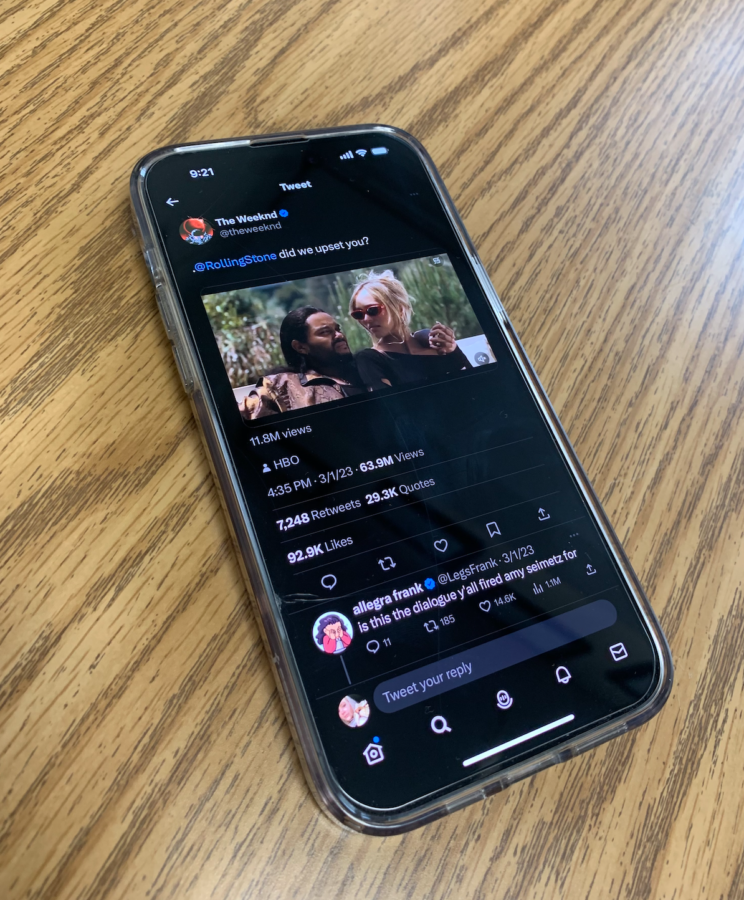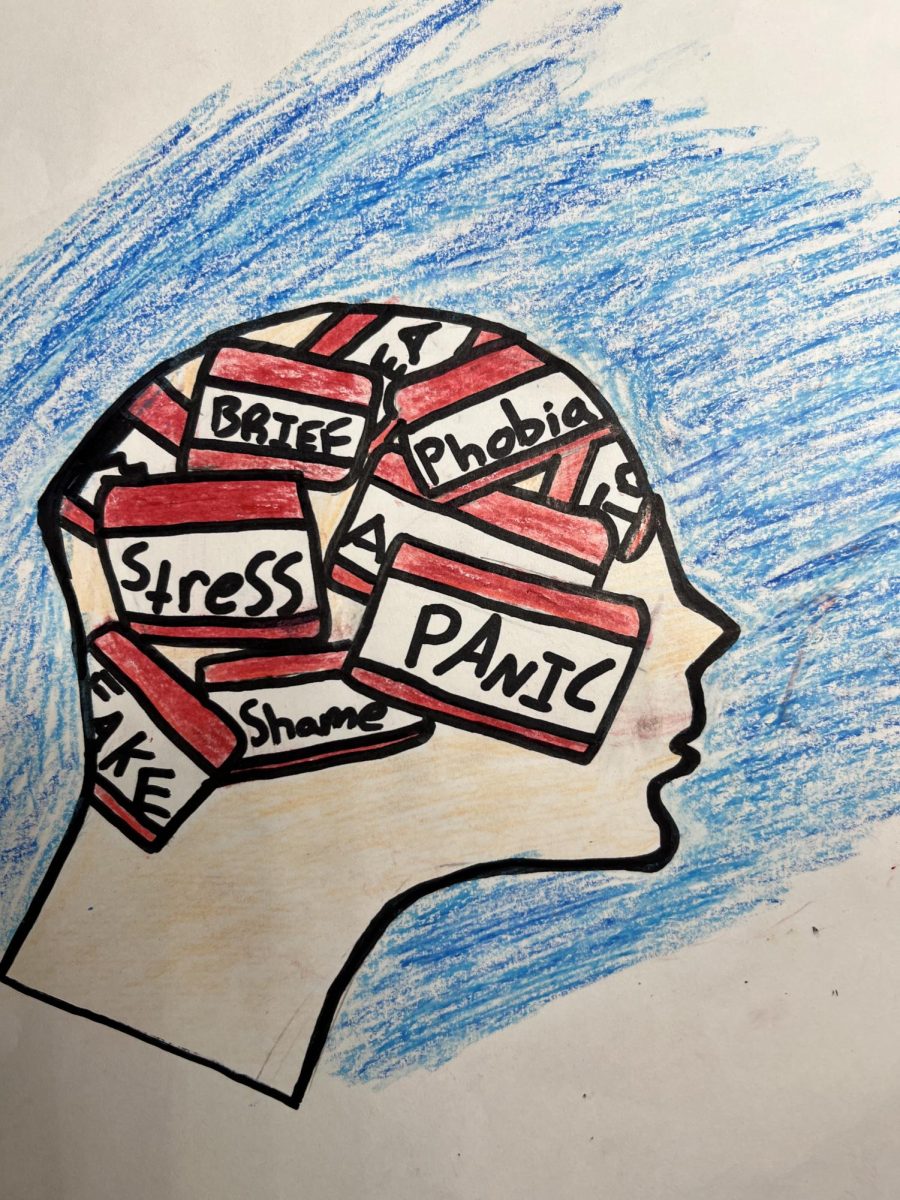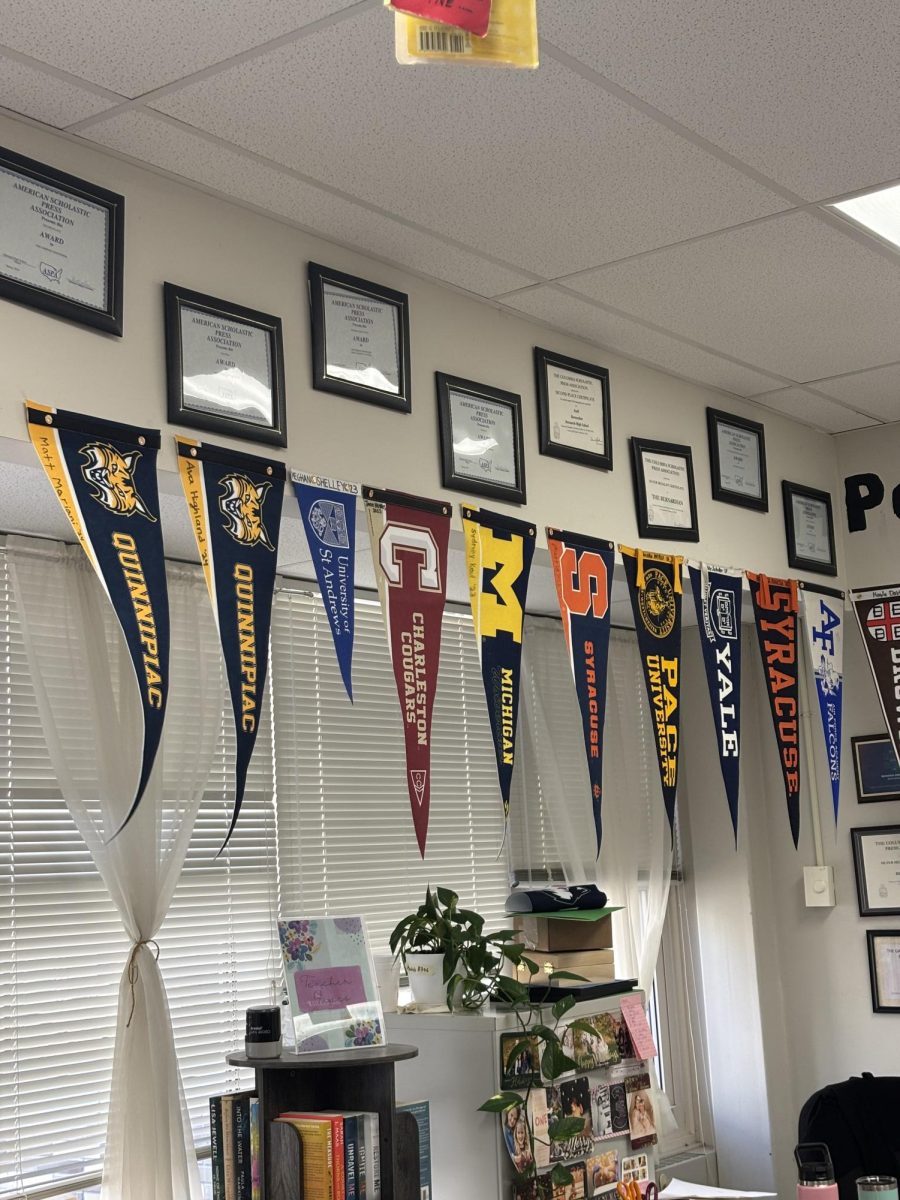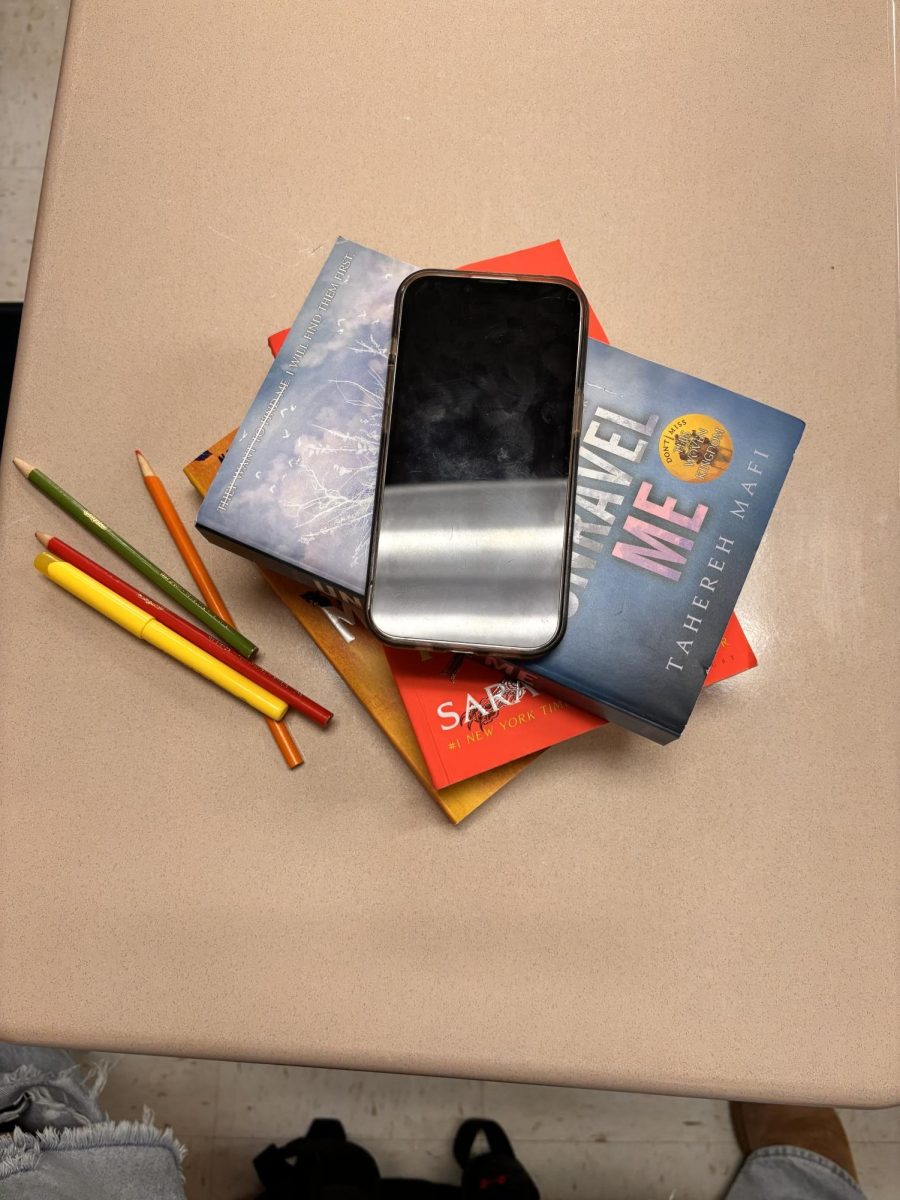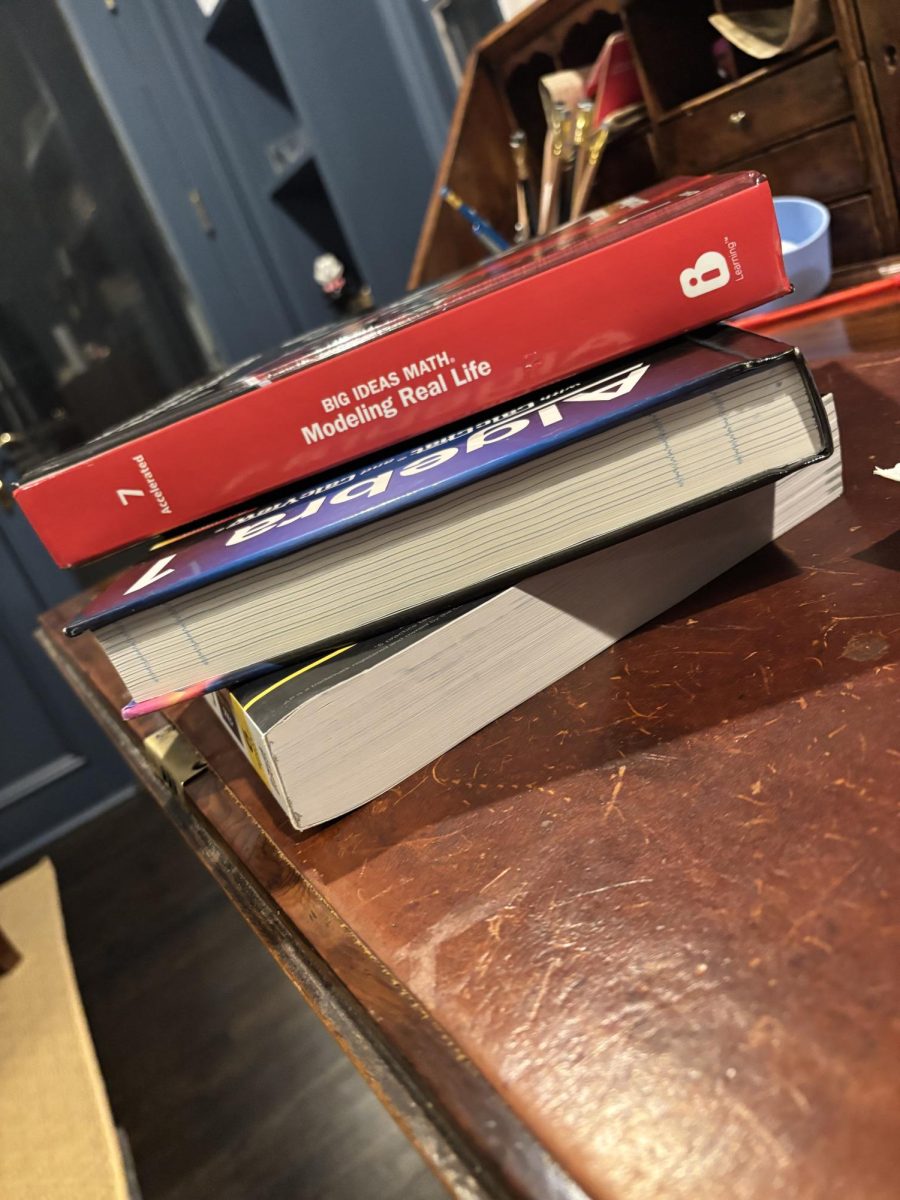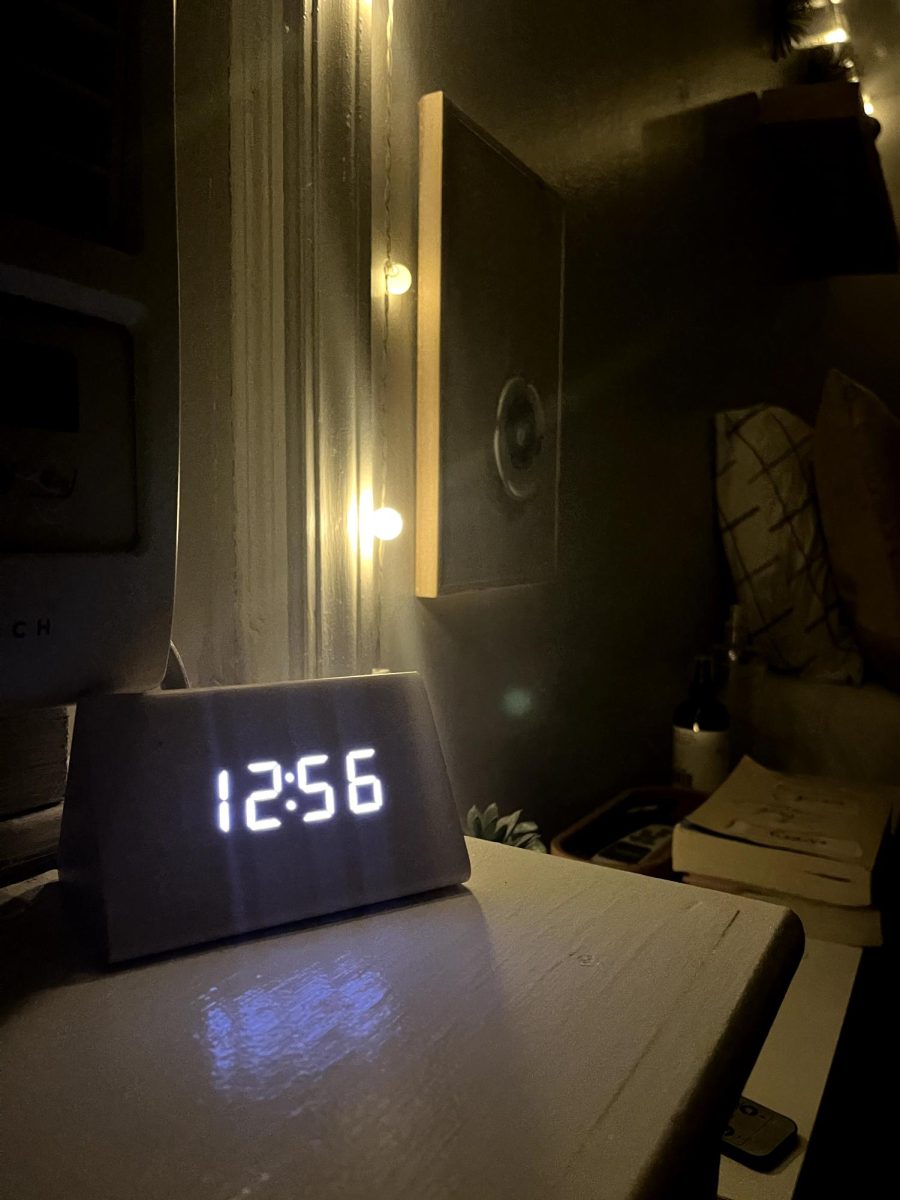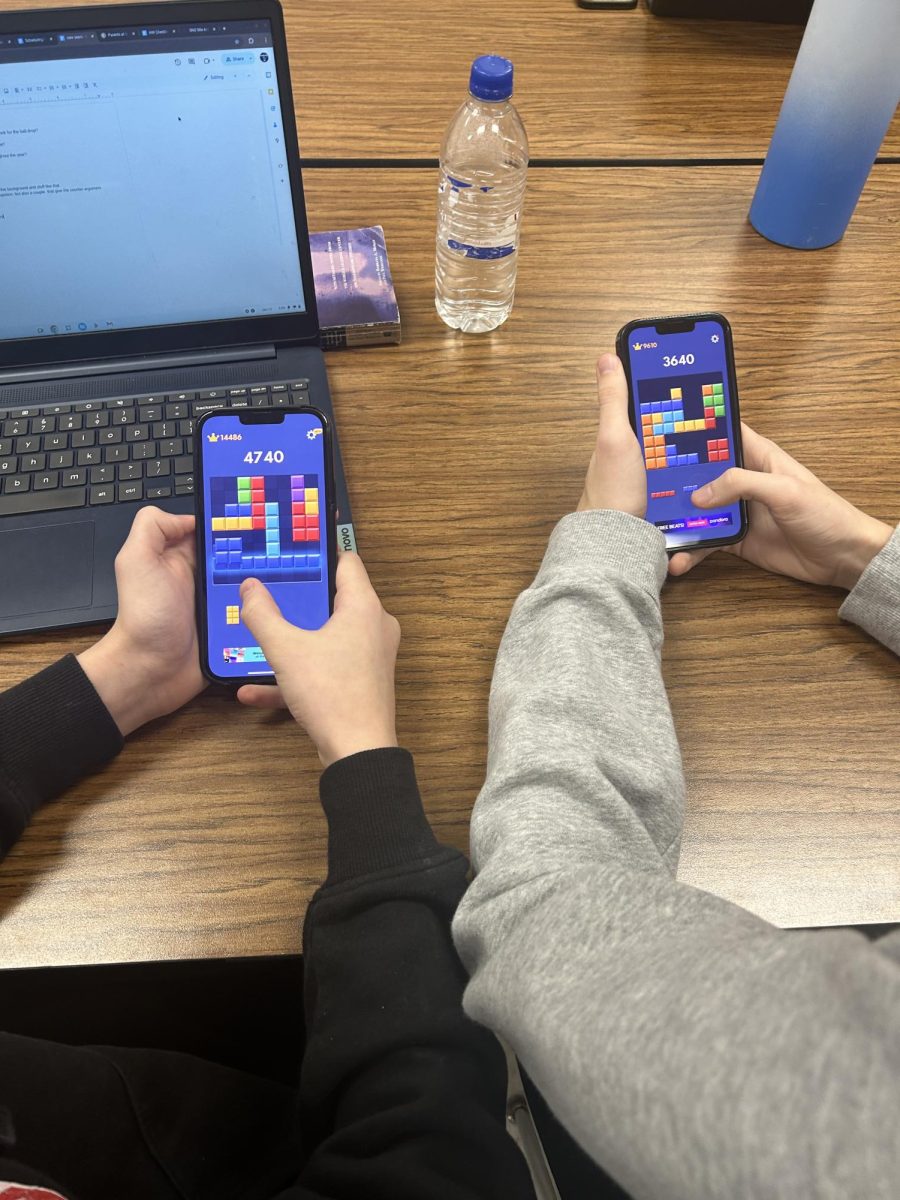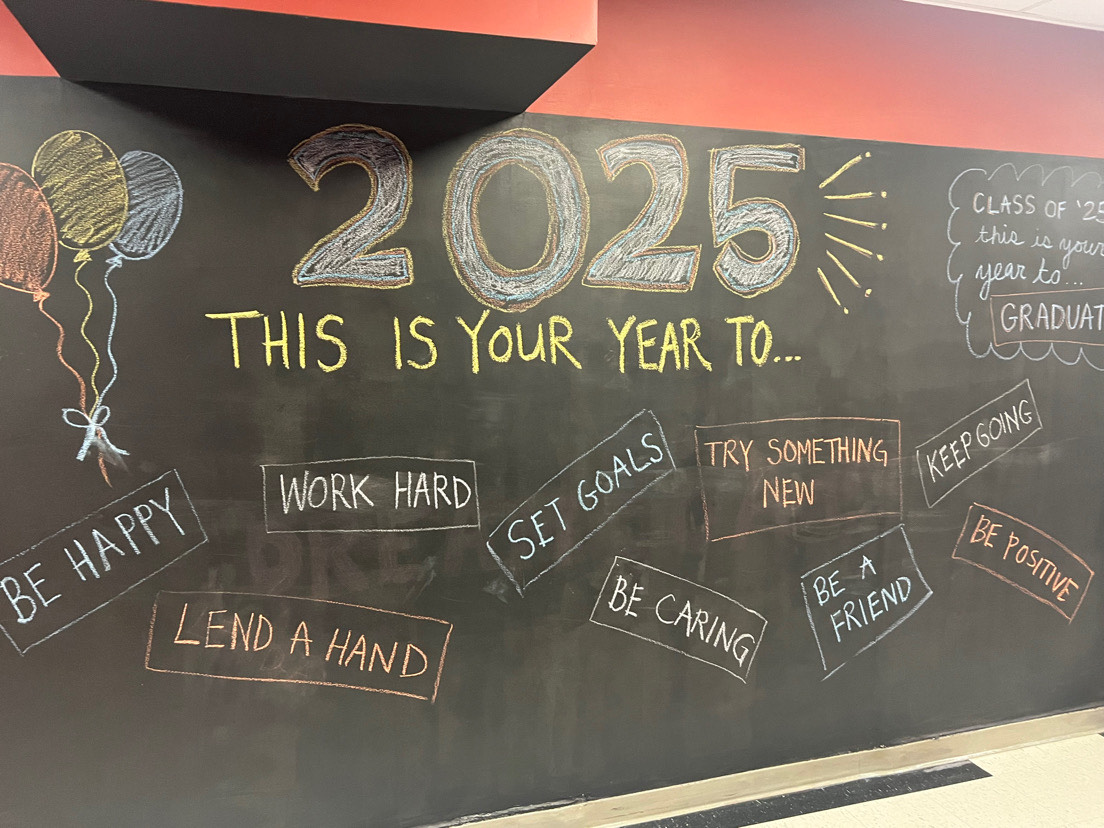Sam Levinson has received critical acclaim for his work on Euphoria, the TV show that has served as a cultural phenomenon that has permeated beyond teen television and grasped the attention of viewers of all ages. Some skeptics of the writer and producer’s most prominent work, however, began to recognize some lapses in judgment clearly prevalent in 2022’s extremely popular season two of the HBO program.
Levinson came under fire for gratuitous sex scenes (often depicting teen characters), cultivating an unprofessional work environment, and a lack of a clear, cohesive vision for the characterization of previous fan favorites such as Sydney Sweeney’s infamous Cassie Howard.
Reports stated Levinson often came to set unprepared, and clashed with actors such as main cast member Barbie Ferreira (Kat Hernandez), who will not be returning for season three due to these creative differences.
Despite such claims surrounding Levinson’s credibility, HBO recently placed yet another prominent show into his hands. The Idol features an incredibly star-studded cast, with R&B singer Abel Tesfaye (better known as The Weeknd), and model and actress (and widely known nepotism-baby) Lily-Rose Depp in main roles, garnering lots of public attention.
The program is supposed to serve as a thought-provoking, shocking, and even twisted love story following Tesfaye, who plays a cult leader, adored by Depp’s popstar persona set in the throes of the darkest parts of the music industry.
Prior to Levinson’s joining of the series, previous director Amy Seimetz abruptly left the production despite having about eighty percent of the show completed. This sparked conversation online, with fans speculating what could have provoked Seimetz to abandon the project so suddenly.
While HBO has been tight-lipped about the circumstances behind her departure, reports state that Tesfaye indicated that he felt the show was headed in a direction that was too focused on the “female perspective;” A quote that is deeply unsettling in the context of Levinson’s previous work, and the criticism he has faced for his prior work. The director is known for his inclusions of graphic depictions of women’s trauma, as well as the vastly unnecessary and gratuitous nude scenes with female actresses that generally come across as exploitative.
Tesfaye, who later joined the production as a creator, did little to quell the concerns of fans when he took to Twitter to respond to criticism from Rolling Stone contributor Cheyenne Roundtree, regarding concerns of these misogynistic depictions, “@RollingStone did we upset you?”
With the production team clearly treating these concerns and claims of potential exploitation as a joke, it is indicative of the concerning nature of the show. What could have been a powerful story of a young woman overcoming sexual exploitation of the music industry seems to have eroded into yet another fetishistic portrayal of women in the name of “controversial art.”
The question is, don’t we have enough stories of powerful men abusing their power to put down and exploit women? In contemporary times, we as audiences do not need to see graphic depictions of this abuse. Awareness is consistently important, but The Idol is clearly encroaching on fetishism and exploitation.
As a white male, why is Levinson consistently awarded opportunities to write and produce stories based upon experiences he will never understand? Empowering female stories do not lie in graphic portrayals of sexual assault, abuse, or femenine pain. While this is a very real aspect of the industry, Levinson can not be trusted to properly deliver these stories in a manner that is truthful, because it is not his truth to tell.
While there is no official release date for the show at this time, with recent teaser trailers being released and more information continuously coming out about what really happens on Levinson’s sets, The Idol is shaping up to be yet another appalling male fantasy disguised as a pseudointellectual attempt at contentious art.




